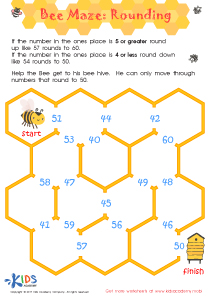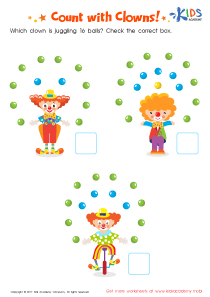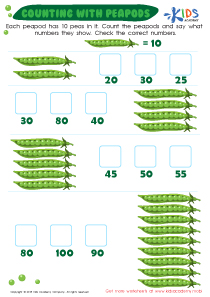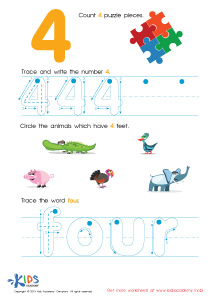Number Recognition Extra Challenge Numbers 0–10 Worksheets for Ages 6-7
16 filtered results
-
From - To
Discover an exciting way to enhance your child's number recognition skills with our "Number Recognition Extra Challenge Numbers 0–10 Worksheets!" Tailored for ages 6-7, these engaging printables push beyond basic counting. Children will encounter fun, varied exercises designed to reinforce numeral identification, spotting, and writing from 0 to 10. Our worksheets aim to cement foundational math skills through patterns, puzzles, and creative problem-solving activities. Watch your child's confidence grow as they master these vital early math concepts, preparing them for more advanced arithmetic challenges. Perfect for success in the classroom or as a stimulating homework activity!
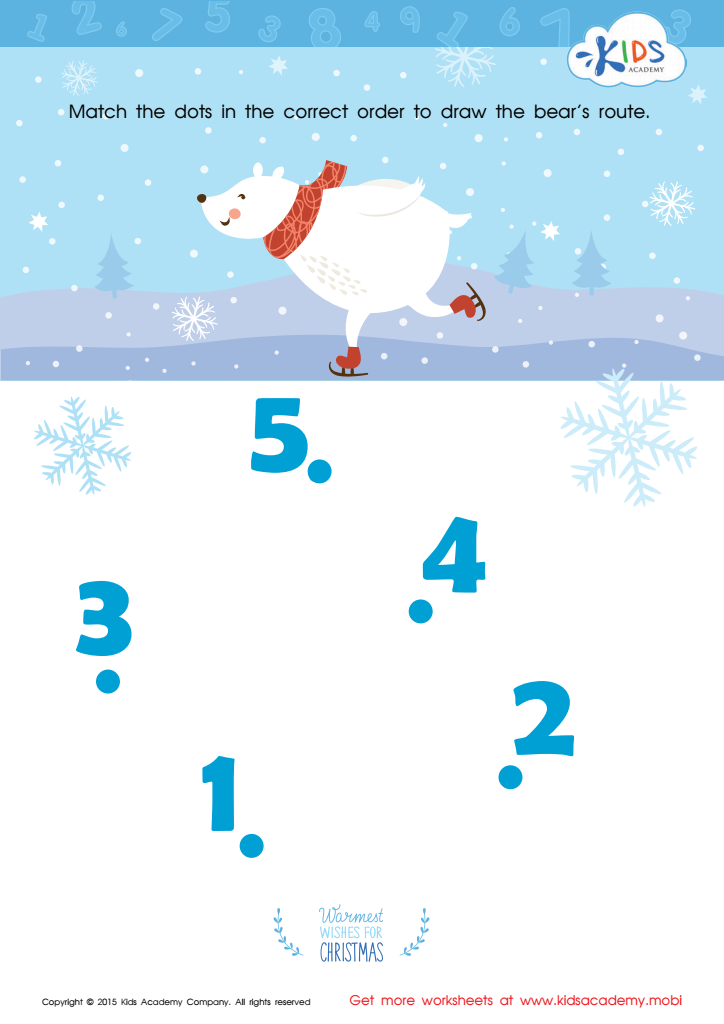

Drawing the Bear's Route by Number Worksheet
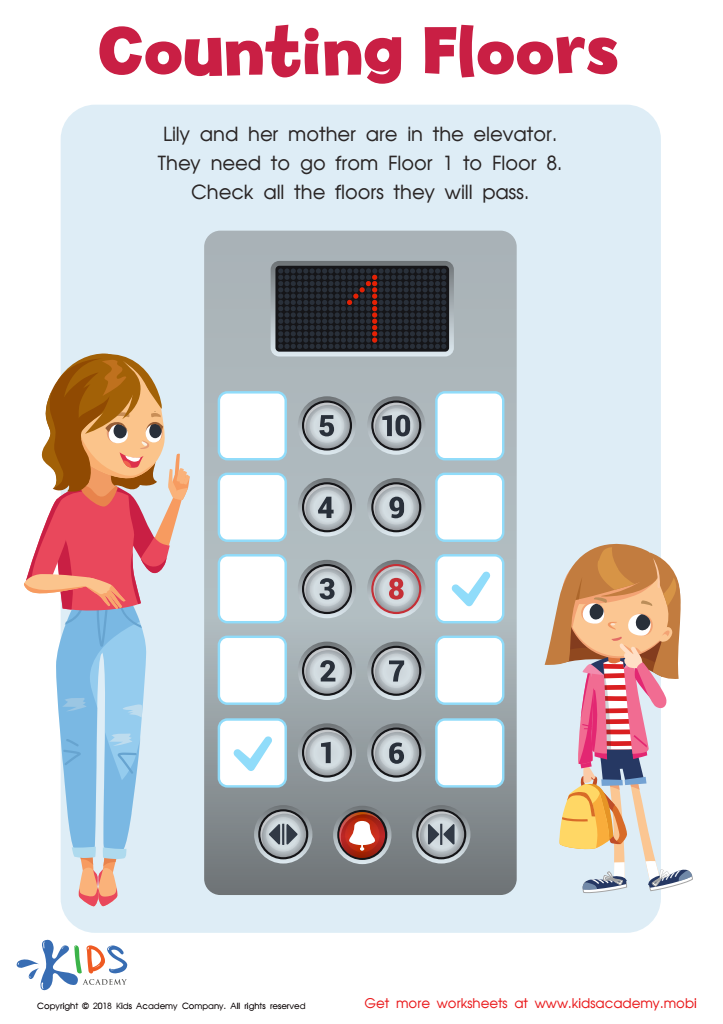

Counting Floors Worksheet
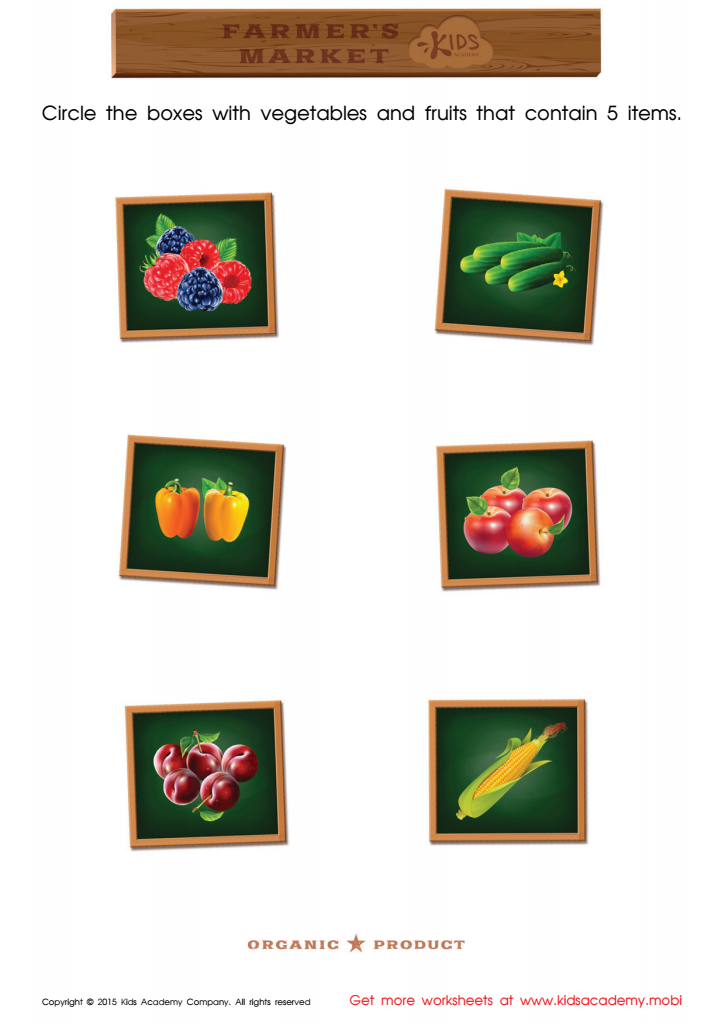

Count and Match Vegetables 1 – 7 Math Worksheet
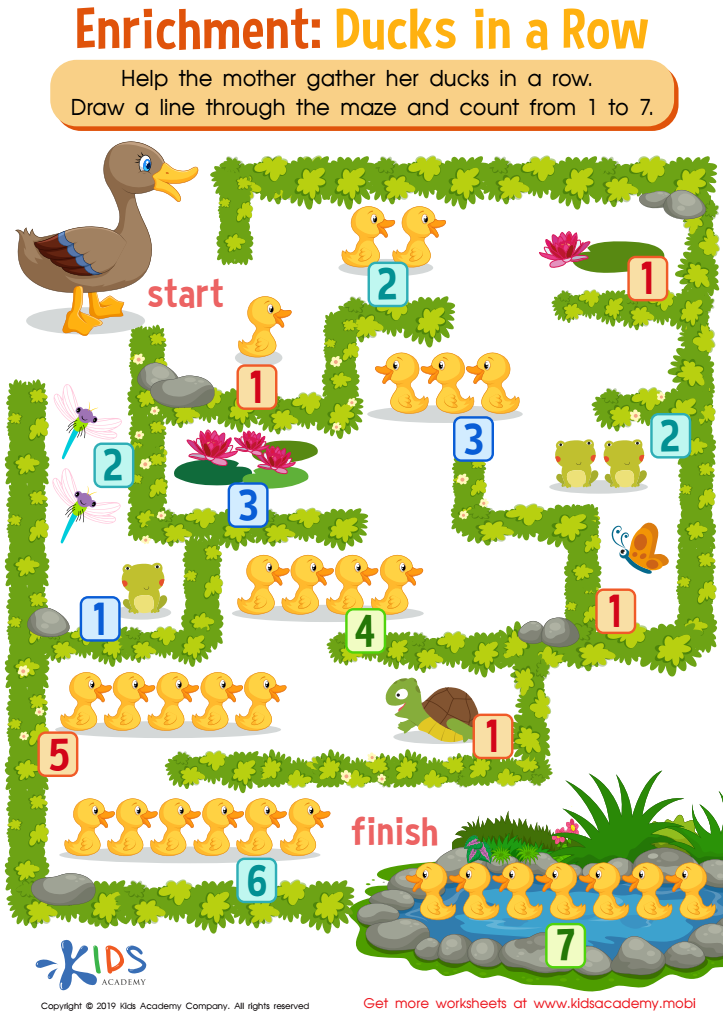

Ducks in a Row Worksheet
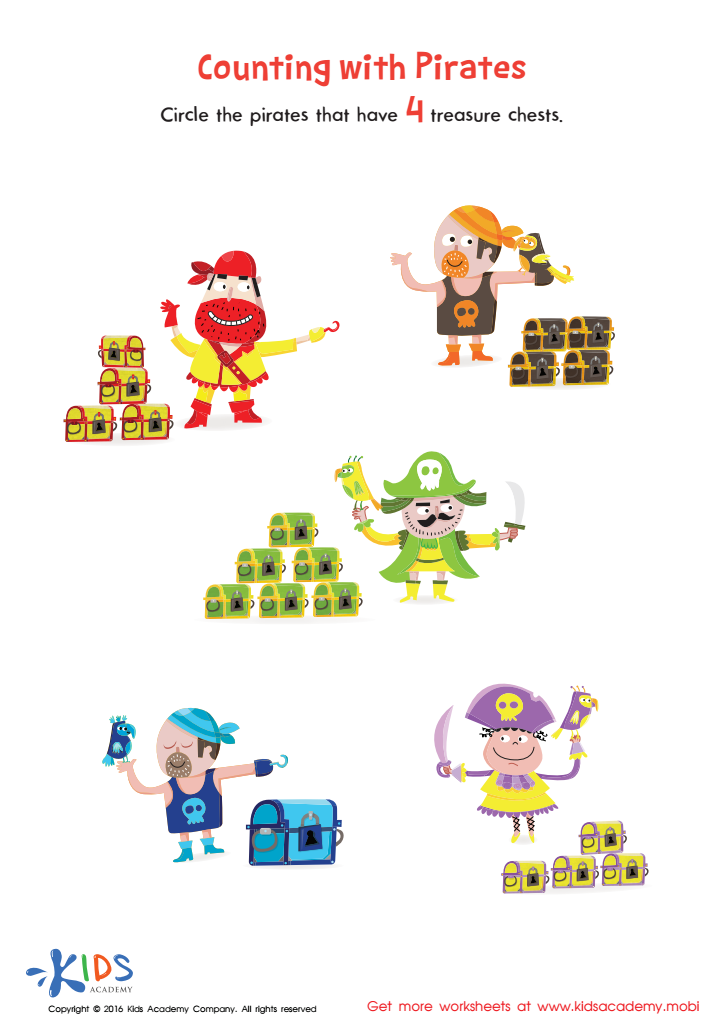

Counting With Pirates Worksheet
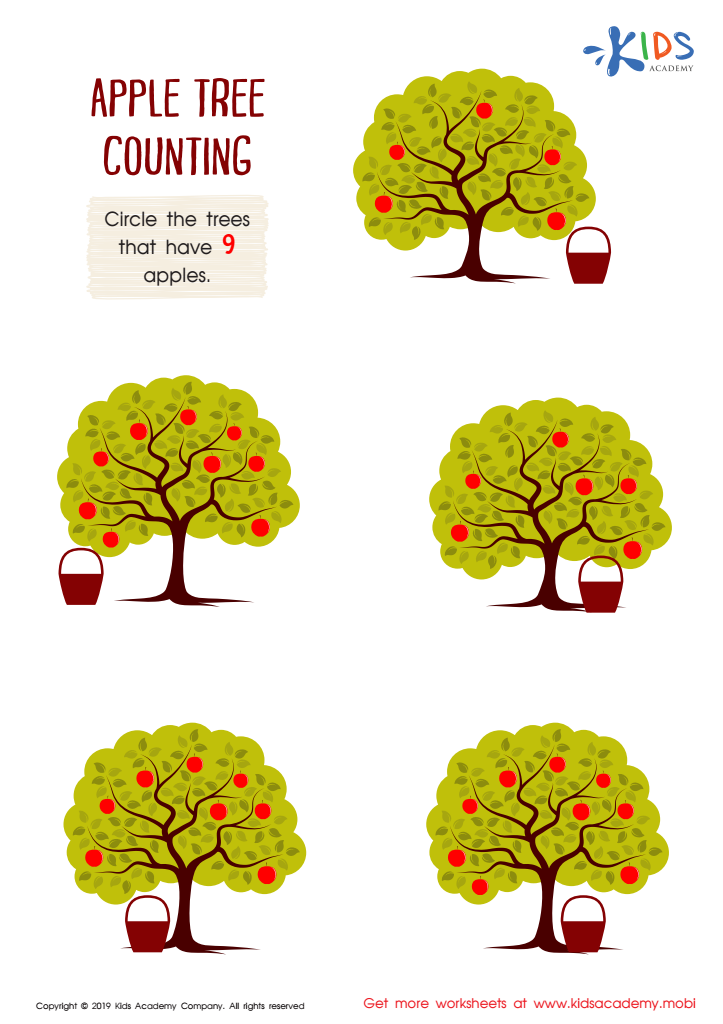

Apple Tree Counting Worksheet
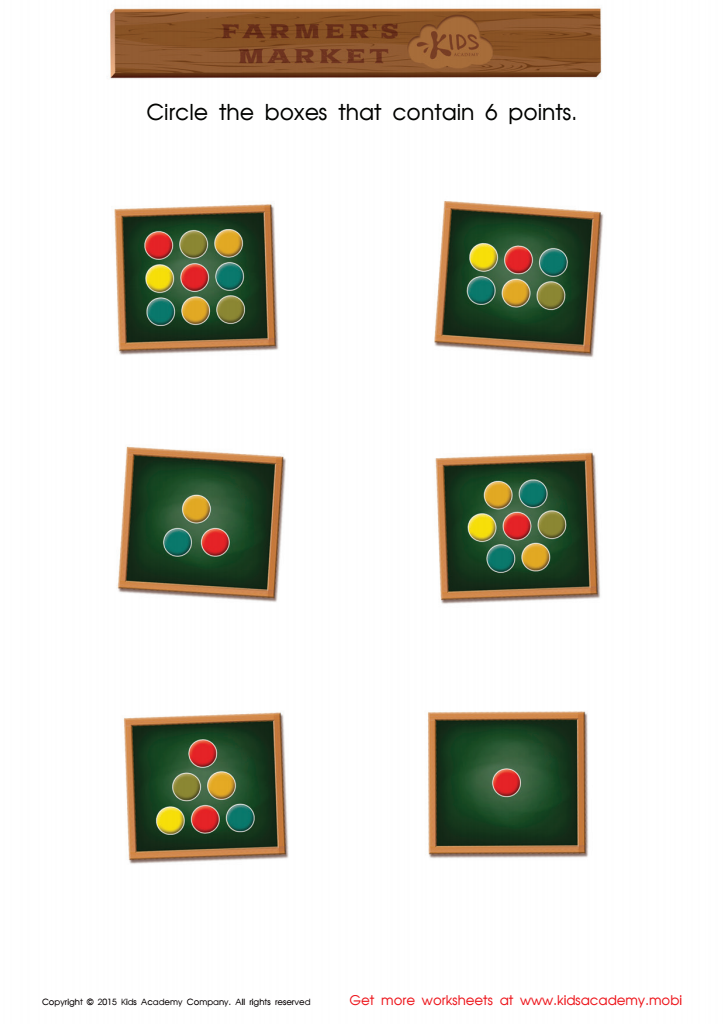

Count and Match Points 6 Math Worksheet
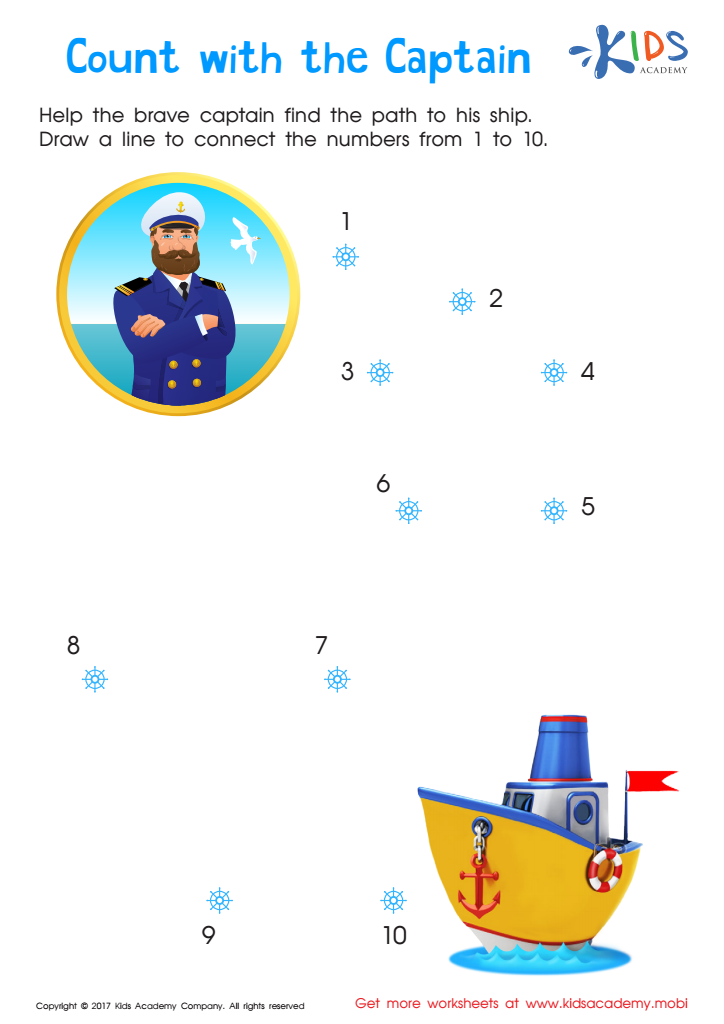

Count with the Captain Connect Dots Worksheet
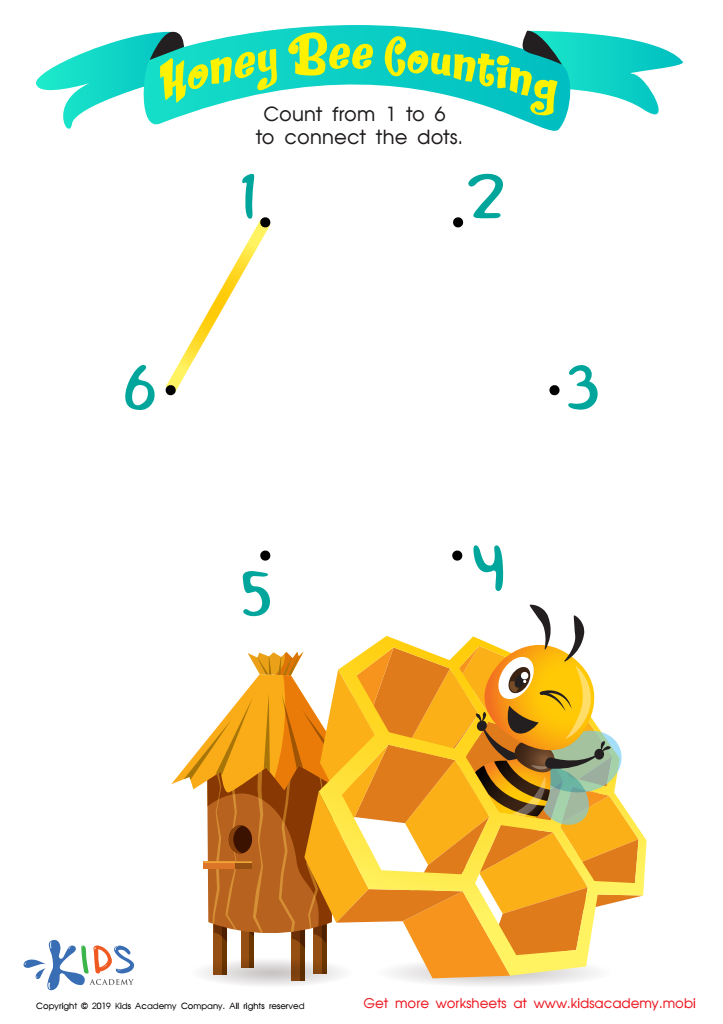

Honey Bee Counting Worksheet
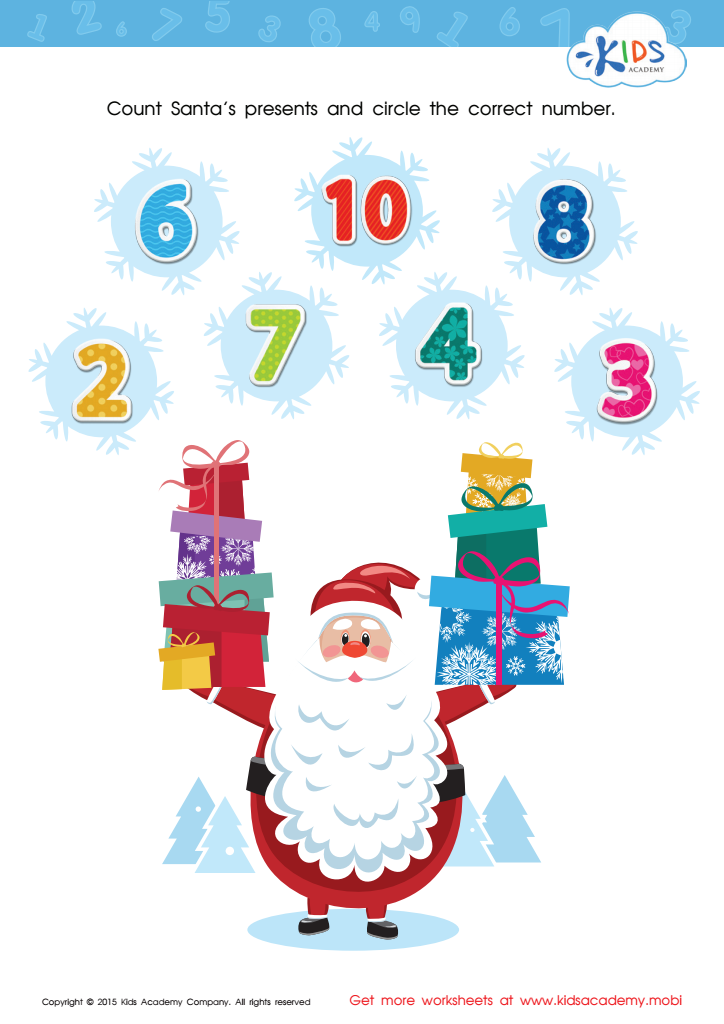

Count Santa's Presents Worksheet
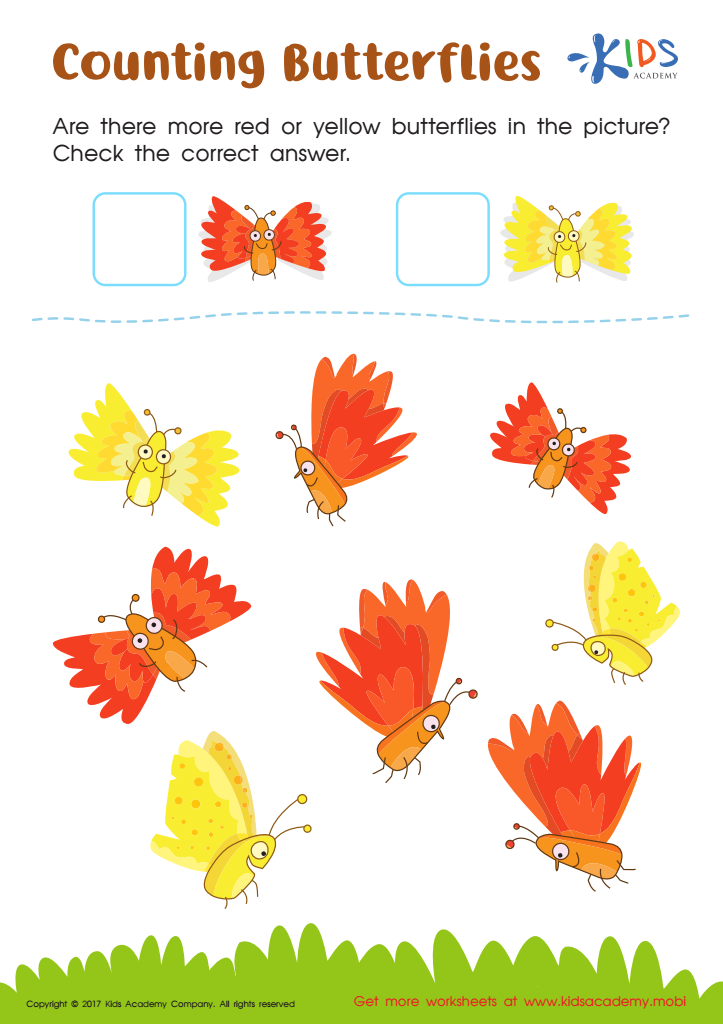

Counting Butterflies Worksheet
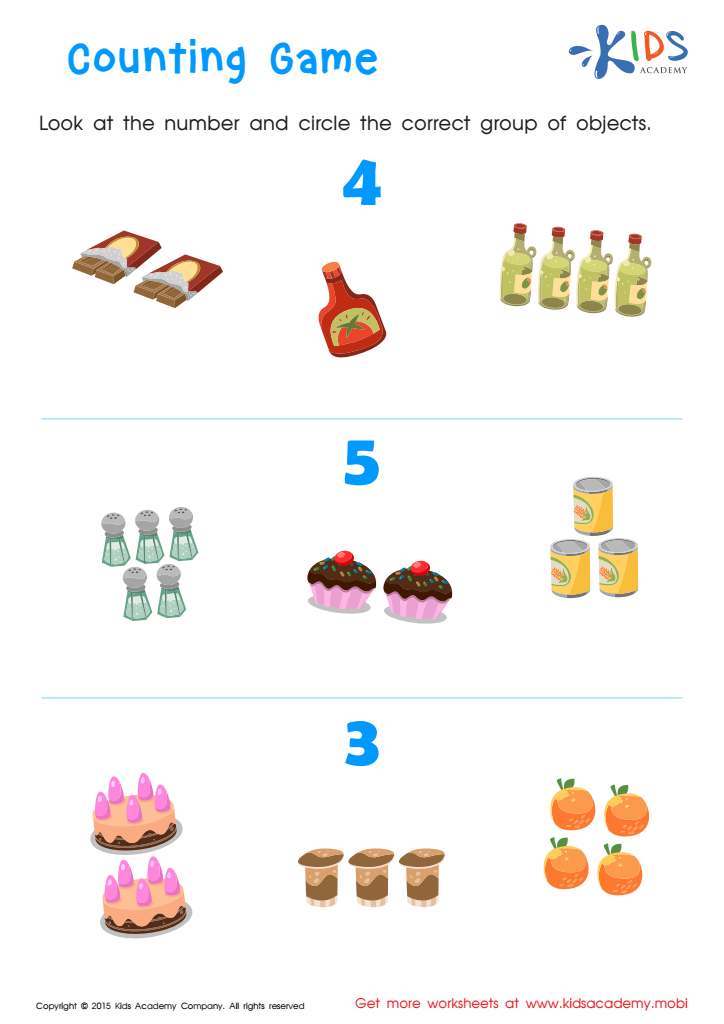

Counting Worksheet
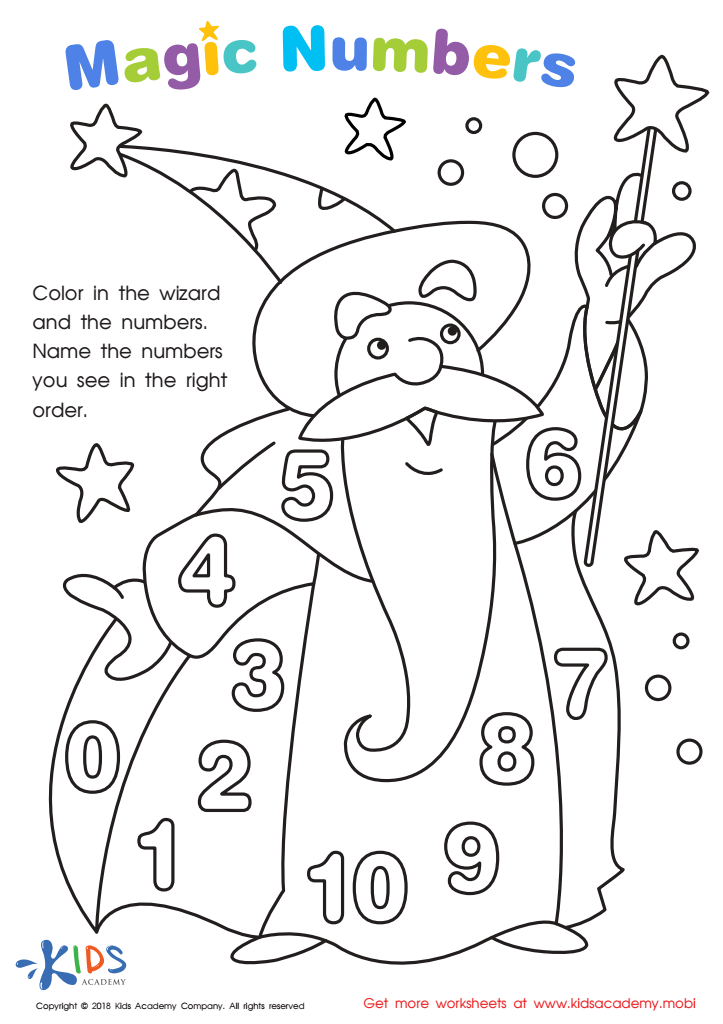

Magic Numbers Worksheet
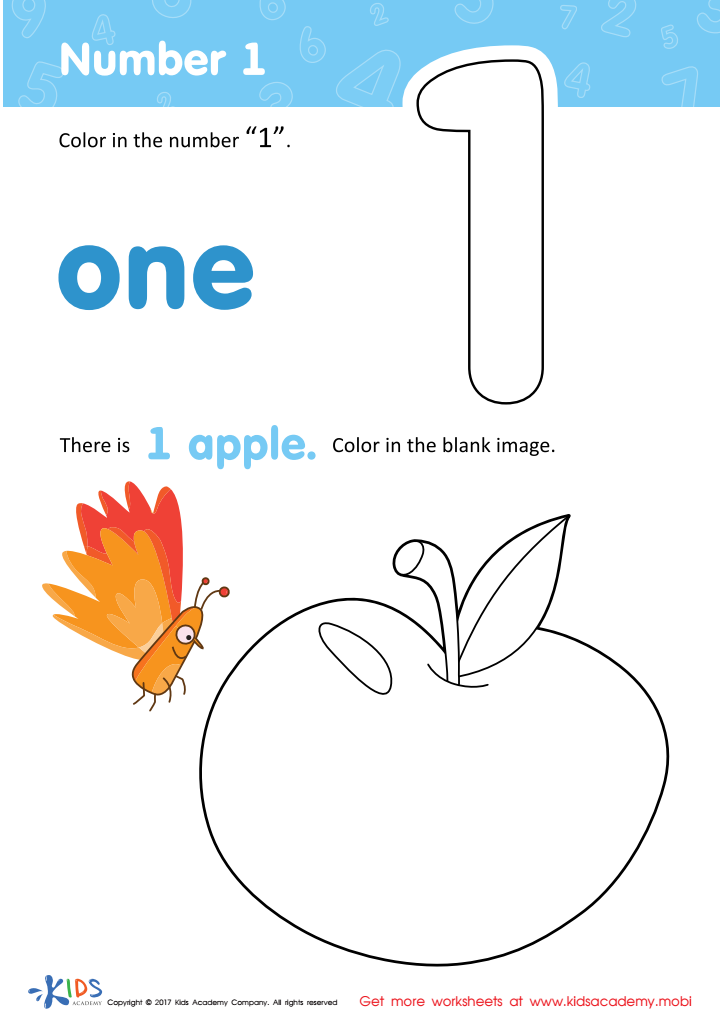

Number 1 Printable
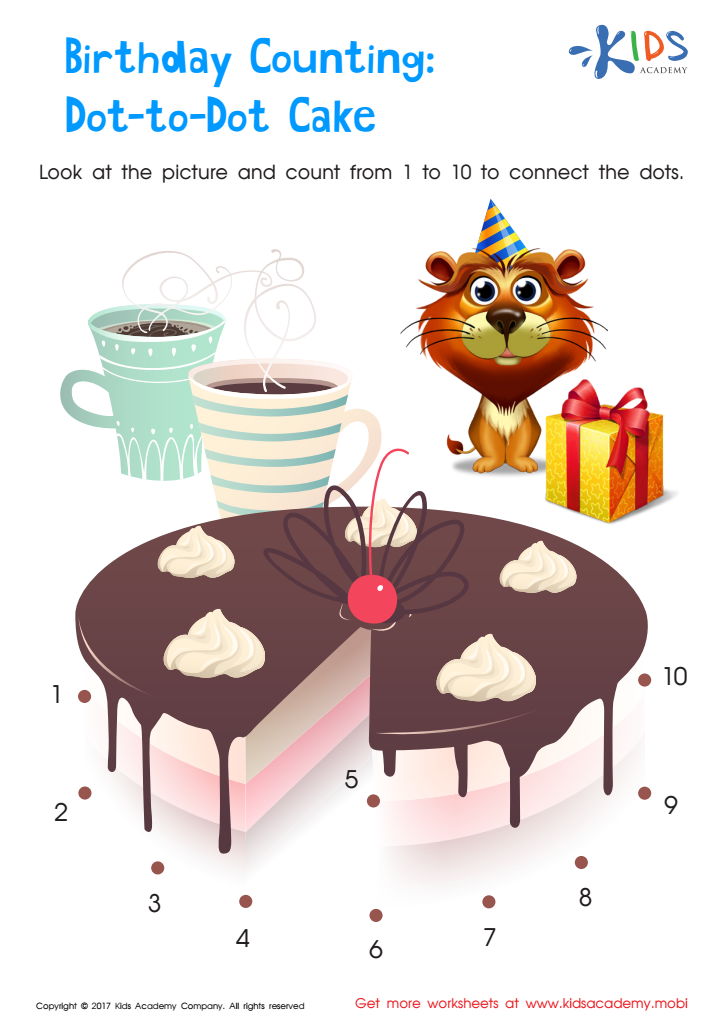

Birthday Counting Connect Dots Worksheet
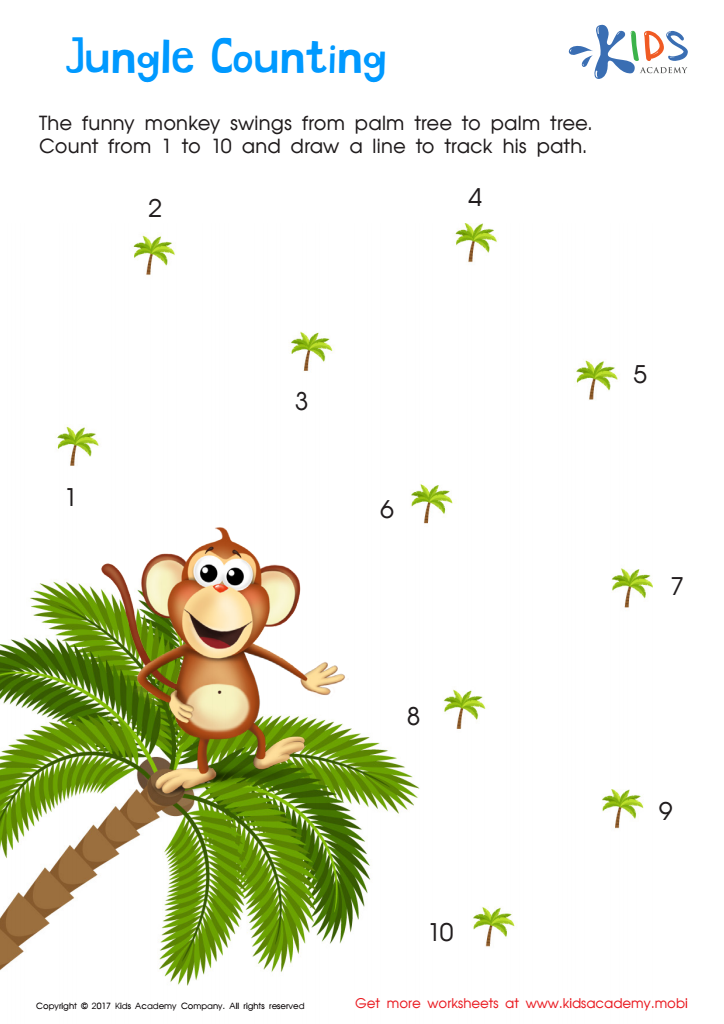

Jungle Counting Connect Dots Worksheet
Number recognition is a foundational skill for young learners, particularly for children ages 6-7, as it lays the groundwork for all future mathematical learning. Understanding and recognizing numbers 0 through 10 is crucial because it supports the development of essential math abilities such as counting, number sequencing, place value, and basic arithmetic operations like addition and subtraction.
By integrating extra challenges in number recognition activities, both parents and teachers can help children deepen their numerical understanding and enhance their problem-solving skills. These challenges can include identifying numbers in non-conventional sequences, matching numbers to quantities, or recognizing numbers in various contexts (e.g., within a story or a real-life scenario). Such exercises stimulate cognitive development, improving attention, memory, and analytical thinking.
Moreover, providing additional challenges fosters a growth mindset. It encourages children to persevere through difficult tasks, building their confidence and resilience. Early proficiency in these basic number skills will support academic achievement both in mathematics and across other subjects, as numerical cognition is linked to logical thinking and comprehension.
Investing time and effort in number recognition extra challenges ensures that children have a solid mathematical foundation. This proactive approach helps to prevent learning gaps and paves the way for smooth transitions into more complex mathematical concepts in later years.
 Assign to My Students
Assign to My Students












